From June 7th to June 18th, Université de Montréal held its first summer school masterclass dedicated to socio-ecological transition, thanks to ASI’s support. The “Transition Pathways” masterclass gave 49 participants the opportunity to think, ask questions, listen, debate, and reflect on what transition means, and how they can engage in their own transition pathway.
Climate change is accelerating, biodiversity is plummeting, natural resources are being depleted. We are headed toward a deeply different society, whether we want it or not. But there’s hope. Through the masterclass, we learned that we can still choose a more desirable future and build a pathway to reach it.
How do we choose a transition pathway?
Deeply transforming the ways we live, produce, consume, and relate to our environment is no small feat. It requires a couple of things:
- Motivation: why do we need to transition to a more desirable future?
- Knowledge: what is socio-ecological transition?
- Capacities: how can we imagine and anticipate our long-term future? And how do we collectively design a path to get there?
- Direction: where do we go? What is our desired future?
These are the kinds of questions we explored in the masterclass.
Who needs to take action?
Well, everyone! The masterclass looked at how Quebec’s socio-ecological transition requires a convergence of efforts by all stakeholders. That’s why the masterclass brought together students from various programs, as well as professionals from the public and private sectors.
Out of the 49 participants, nearly a third were professionals from local non-profits, universities or local governments. And 65% of the participants were women! From financial institutions to local non-profits, the variety of speakers also reflected the importance of engaging a diverse range of stakeholder groups. Speakers included: Daniel Charron (Fondaction), James Meadowcroft (Transition Accelerator), Anne Marie Aubert (Conseil SAM, the Montreal food policy council), and Chloé Dodinot (Solon).
Opportunities to consider transition pathways
In addition to providing insightful theoretical content, the masterclass participants put their learnings into practice by:
- Co-designing a transition pathway for the energy sector in Quebec.
- Learning from experts in food systems and asking them questions about “transition knots,” such as: What is the fair price of food? How can we integrate local action and the international food market?
- Designing ways to counteract the main oppositions to environmental action.
Insights from the masterclass
By bringing people together and showcasing actual projects, the masterclass created a sense of togetherness and a feeling of possibility. Yes, transforming our system is difficult, but we can be changemakers. As professionals, as students, as social entrepreneurs, as teachers, we can contribute to building a more desirable future, from wherever we find ourselves in the system.
That said, the experience also showed that transition as a concept is still a bit fuzzy. It is a systemic issue, and as such, it requires a capacity to think “global.” This was a core focus of the masterclass.
Finally, let’s hear from the students!
The masterclass was definitely a success. In the participants’ words:
“I wasn’t familiar with the concept of socio-ecological transition before. The content was inspiring, and I really appreciated that a masterclass was dedicated to this topic.”
“The strong point of the summer school really was the interaction, the participation. The multiple group activities were great to stay engaged!”
“The intervention of many different speakers, each one with their specific expertise, was
great and allowed us to know more about the concrete aspect of transition and how to apply this knowledge to our daily life.”
“I really appreciated the opportunity to hear from dedicated men and women, it helped me understand transition pathways and project myself into the future.”
The whole team is looking forward to the next edition! See you in 2022!
Marina Jolly, Coordonnatrice des communications, Chemins de transition, Université de Montréal
Check out more ASI Network interviews on our Stories page.
Don’t miss upcoming ASI Network conversations: Join the ASI community today!

